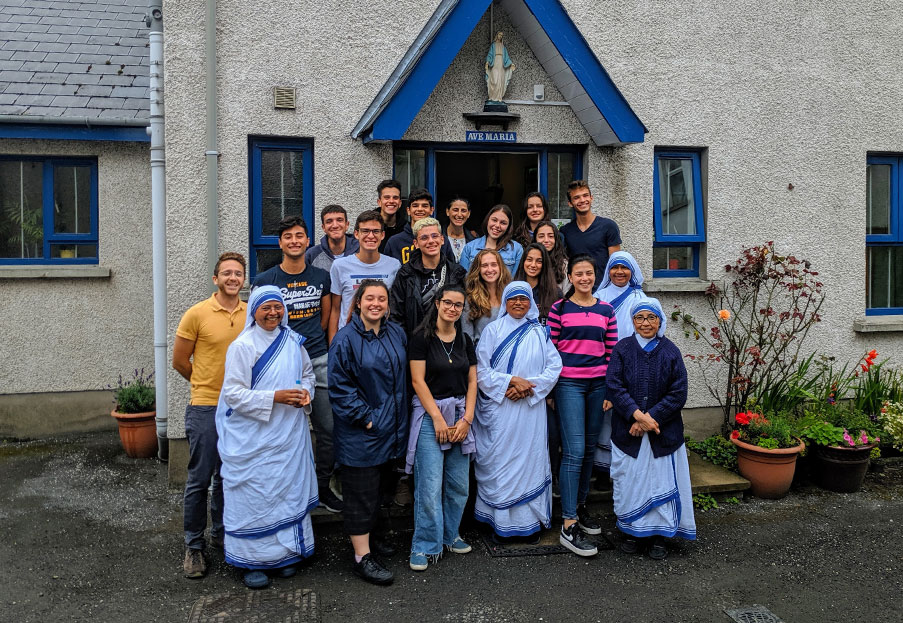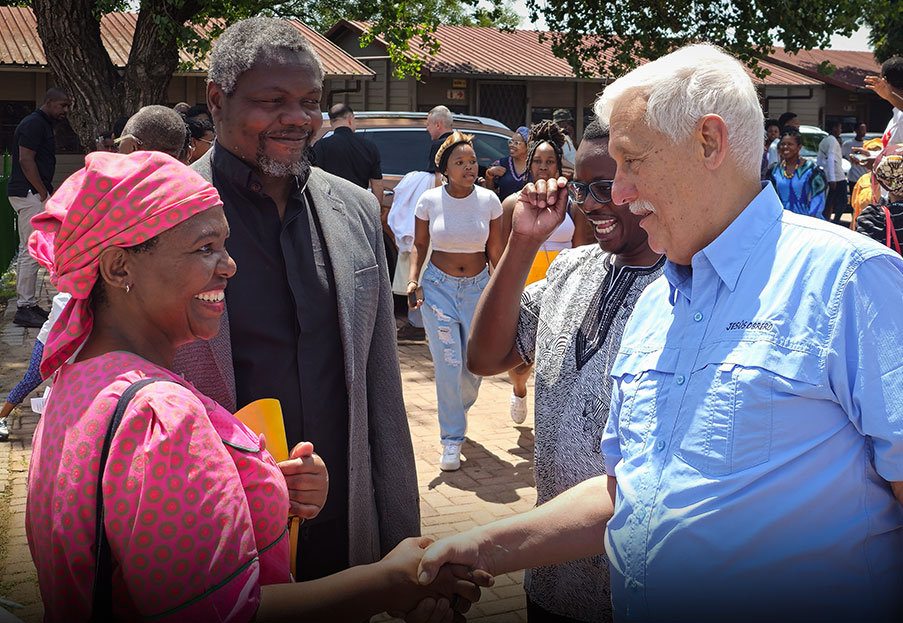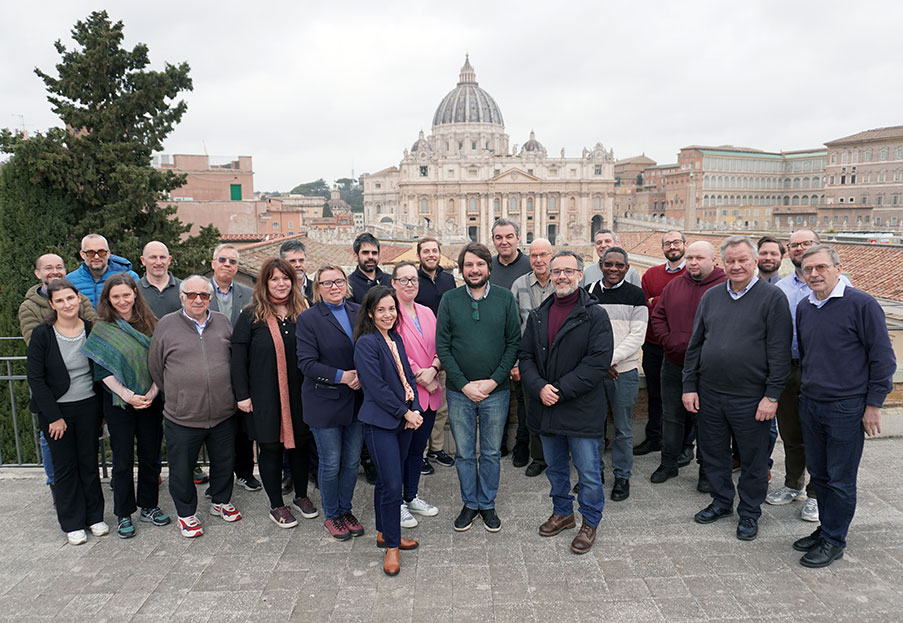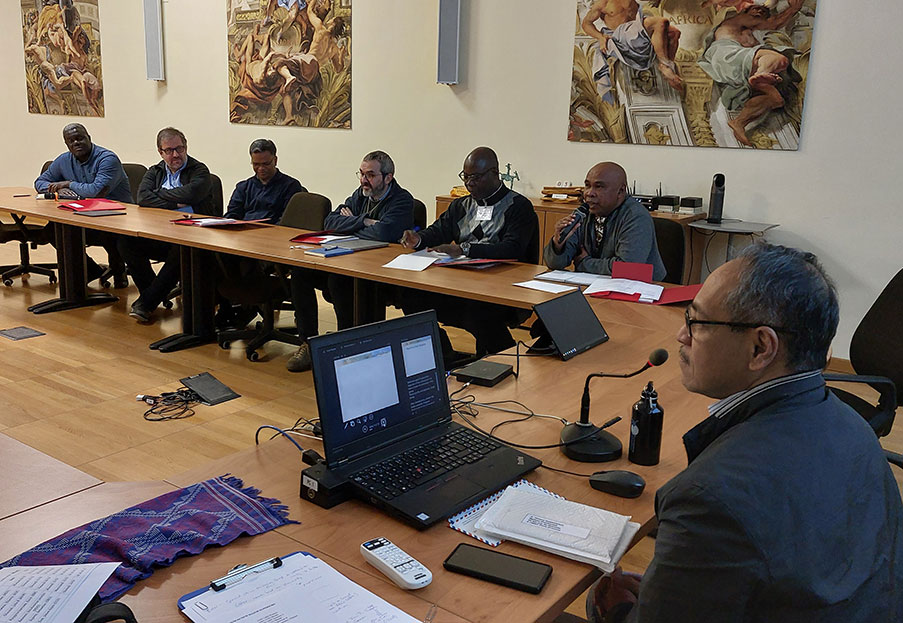Surviving Beirut… with a little help from St Ignatius
By Sandra Chaoul, from the team of “Discerning Leadership”
Friends abroad have been checking in lately on the situation in Beirut and I must admit that it took me a great deal of tears and courage to admit (first to myself and then to them) that, on many days, we are not okay. The Port explosion felt like our cannonball moment. It not only destroyed our city, but also shattered our sense of security, our dreams, and our certainties. The blast exposed a grief that refused to be consoled and that only seemed to grow bigger with the economic crisis, currency devaluation and governance vacuum.
Standing
in and looking at this reality has been terrifying yet deeply softening, and
would not have been possible without a gaze of faith and a sense of community. When
reality felt too heavy to face alone, it was often with others that I was able
to experience an opening. On 4 August 2021 at 6:07pm, one year after the blast,
we gathered in silence around the Beirut Port and observed a moment of
mourning. In the middle of fragmentation and isolation, we found dignity, hope
and commitment in holding our wounds together, and standing in solidarity with
victims, their families and thousands we did not know.
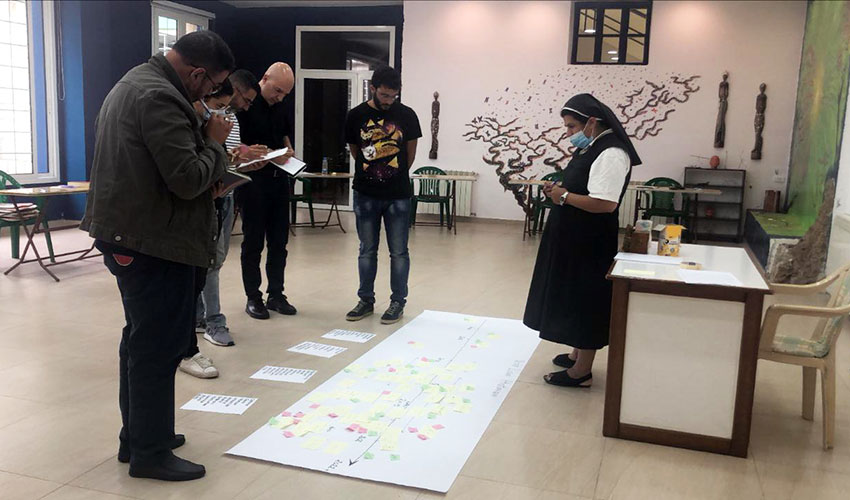
Spiritual conversations with friends in the Ignatian Family carried unexpected consolation and fostered a desire to facilitate similar moments with others who are not yet familiar with this practice. On various occasions, we came together in moments of silence and sharing, reviewing our experience together, engaging with our not only heads and minds, but allowing what we hear to land in our hearts. By remaining open, we began to notice where signs of life are being revealed amid our struggles. We began to witness grace at work in our broken context. We witnessed this in relationships, in the way that ordinary people were generously stepping in to help each other.
I saw volunteers pushing an ambulance that ran out of fuel in the middle of the road.
I saw friends bring home suitcases full of medication and diapers for families in need.
I
saw restaurants and businesses opening up their facilities for people to
recharge their electronic devices during moments of electricity shortage,
without asking to purchase anything.
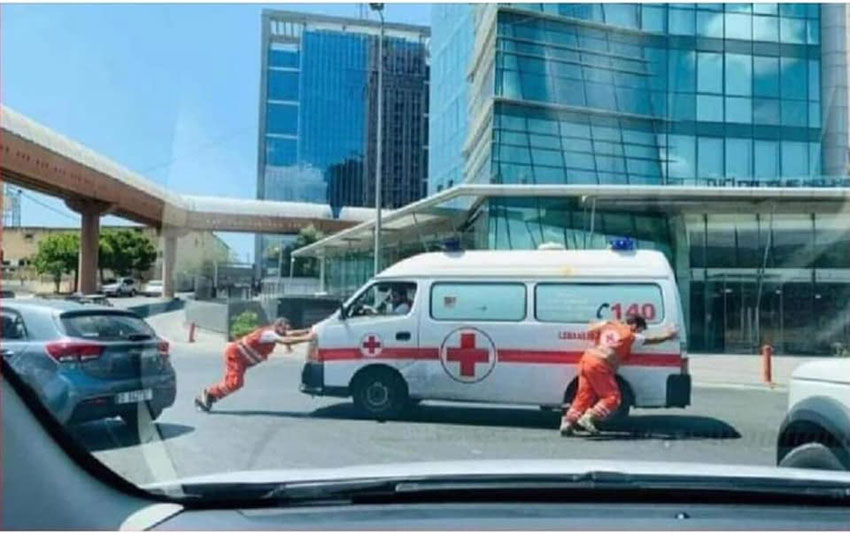
Photo by Nay El Rahi
Hope was also found in moments of laughter and creativity, and perhaps in the way this crisis has been calling forth in our hearts a deeper sense of integrity, reminding us that the change and reform we desire in our community begins within ourselves.
The
practice of noticing and reflecting on experiences of desolation has also been
a nourishing source of confidence. In moments when it was not easy to see
properly and prayer was difficult, the invitation to hold steady, to see deeper
into my experience and detect the direction it is leading me to, all this was
incredibly liberating. For example, I noticed the sense of guilt that creeps in
during moments of joy, laughter or self-care. I sensed when my energy for
action and service was slipping into fruitless activism.
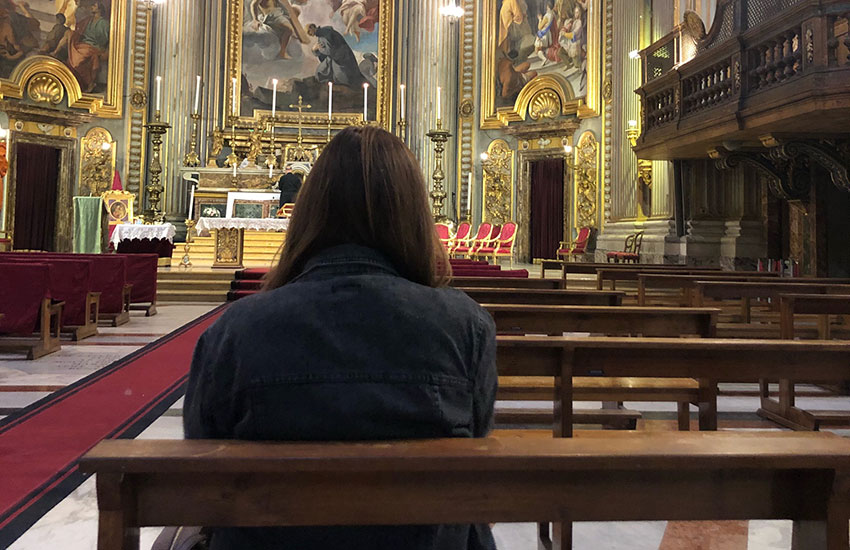
These moments of discernment helped me reflect
on how I can give meaning to privilege instead of being paralyzed by guilt or
how I can learn to let go, and accept for a moment to be helpless, without becoming
bitter or overwhelmed. I learned how to grow in patience and trust. The image
of Jesus - vulnerable, exposed, and tender on the cross - carried a gentle
consolation and sustained in me a sense of courage and hope in a future we
cannot see. God is indeed living in Lebanon, laboring in the midst of our
suffering, and we are learning to trust that. This understanding may be the
main grace that will accompany us through this crisis.

